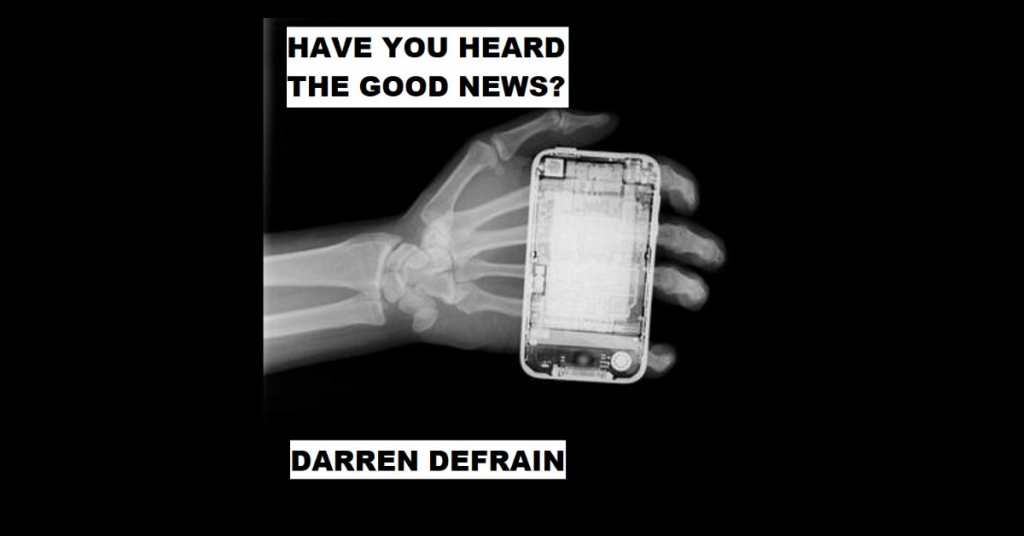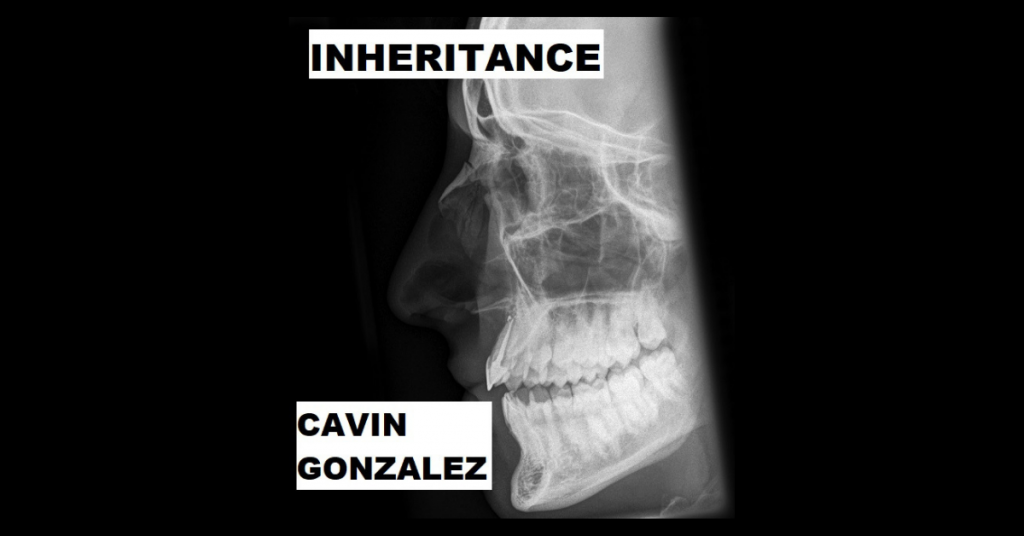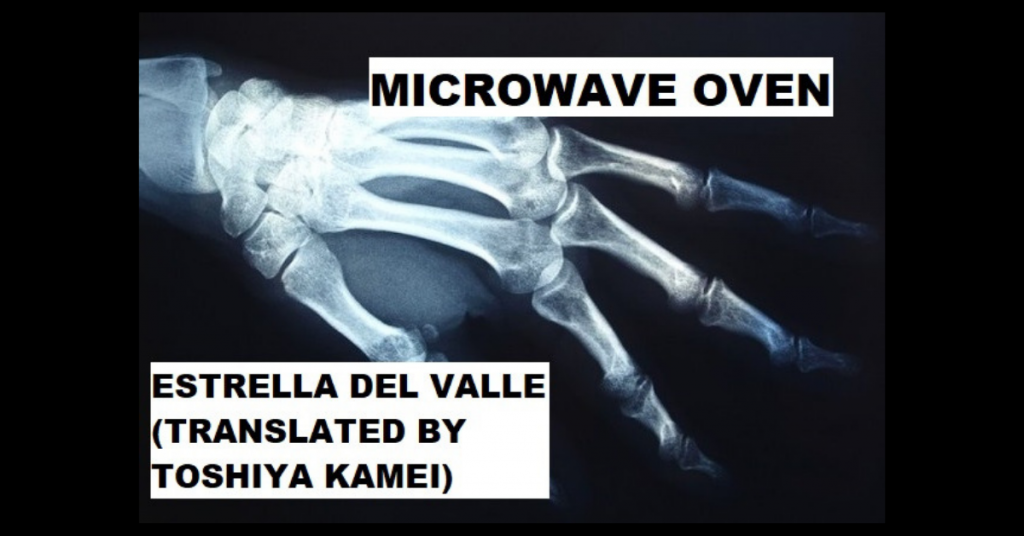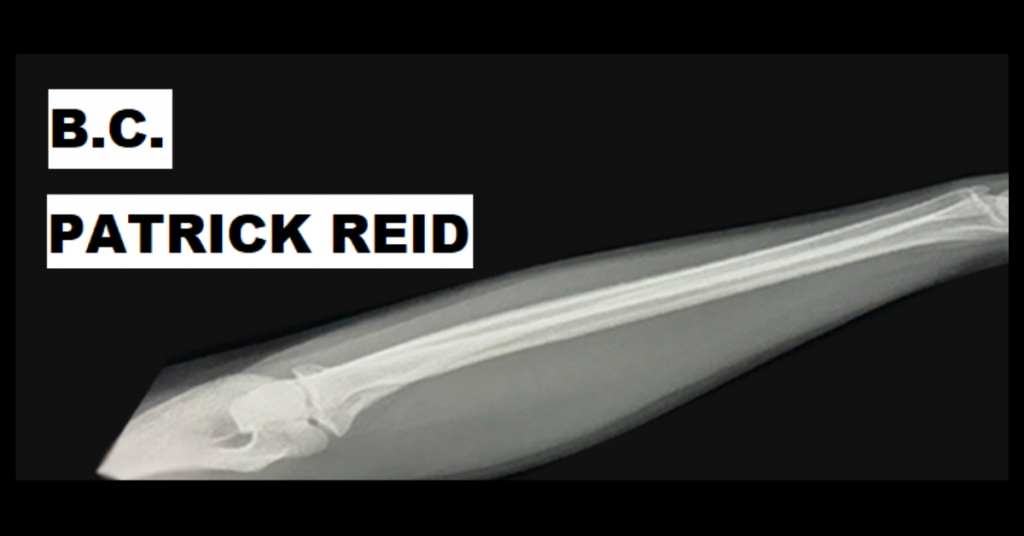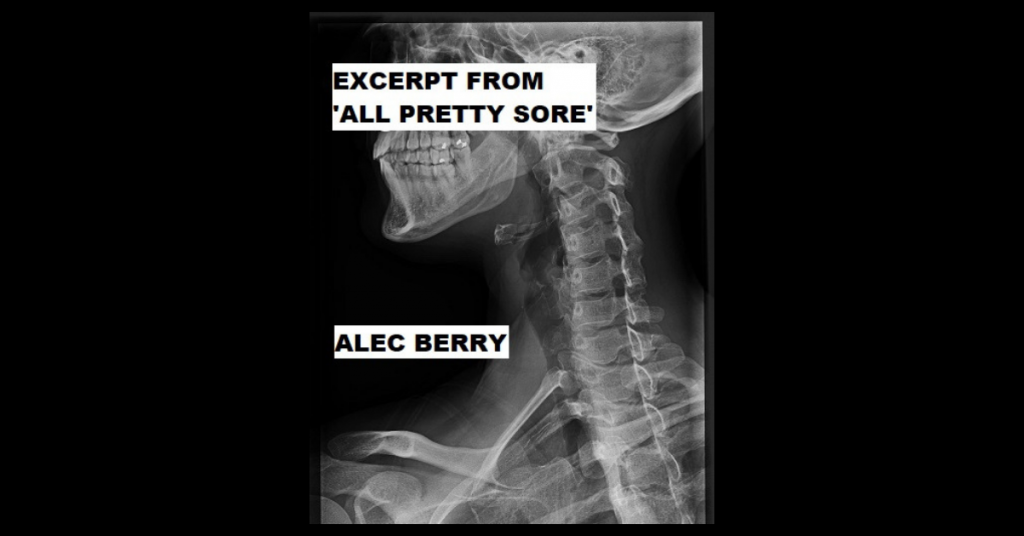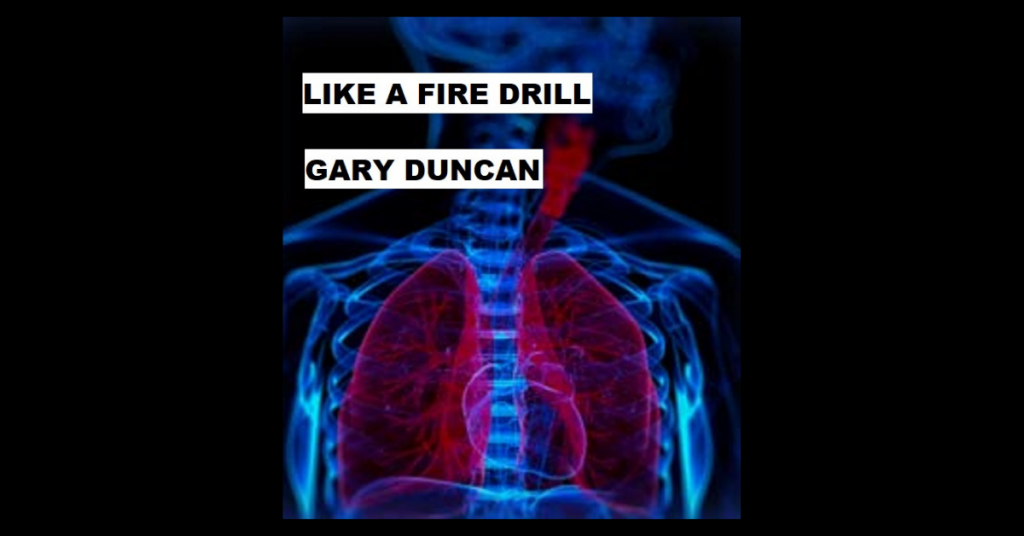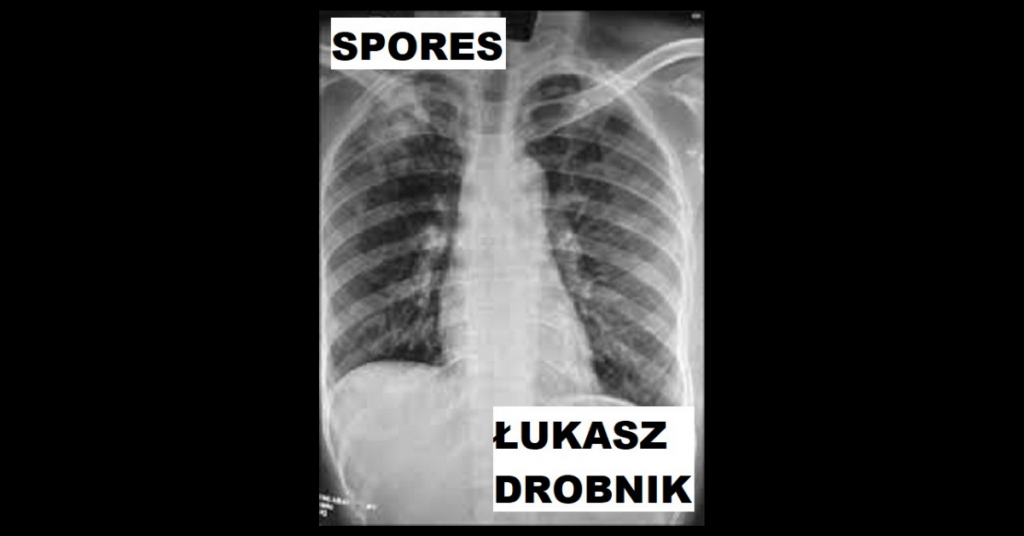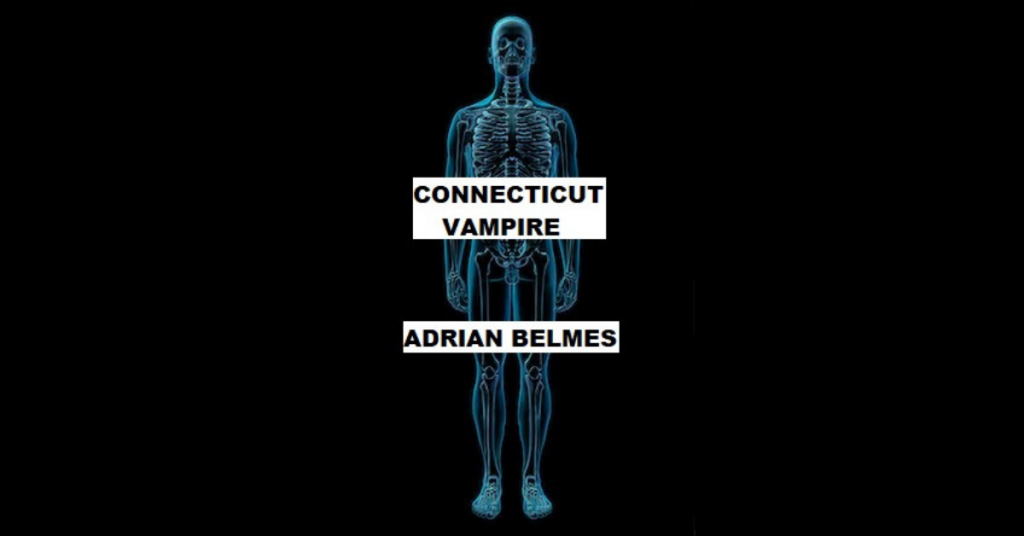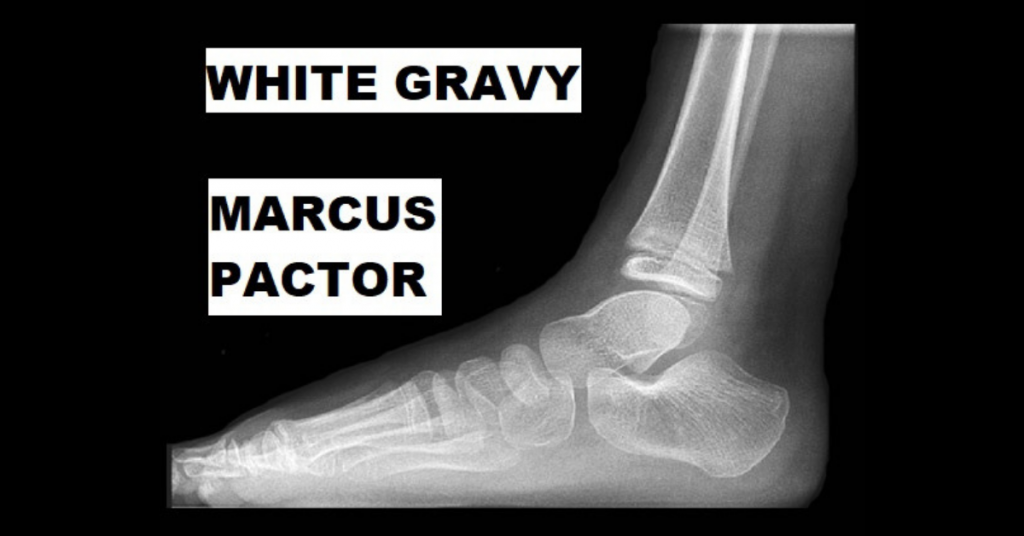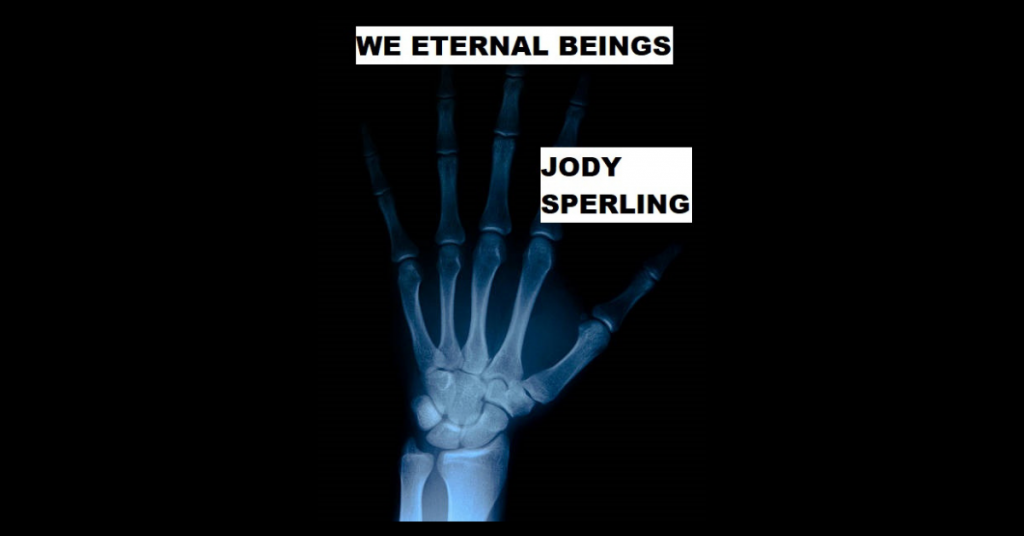
WE ETERNAL BEINGS by Jody Sperling
Mary died earlier this week: went into the hospital for routine foot ulcer debridement—common with diabetics—developed a staph infection, went under for a lung treatment and never woke from the anesthesia. We knew Mary from back in the day. I’d moved to Omaha to live with my grandparents, found Jesus (it’s not what you think) so I sent my buddy to live with them (proselytizers got to be proselytizing). My grandparents prayed before every meal. Mary was a banker who worked with my buddy in Omaha. Obesity led to her diabetes, which triggered her demise. Demise. What a word. It…

